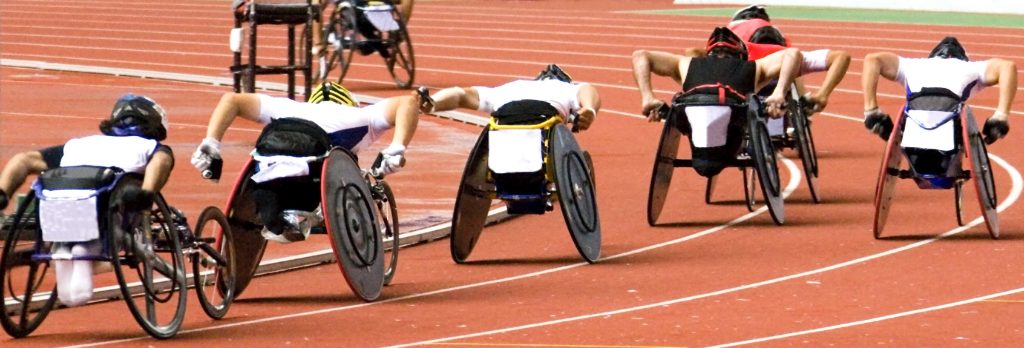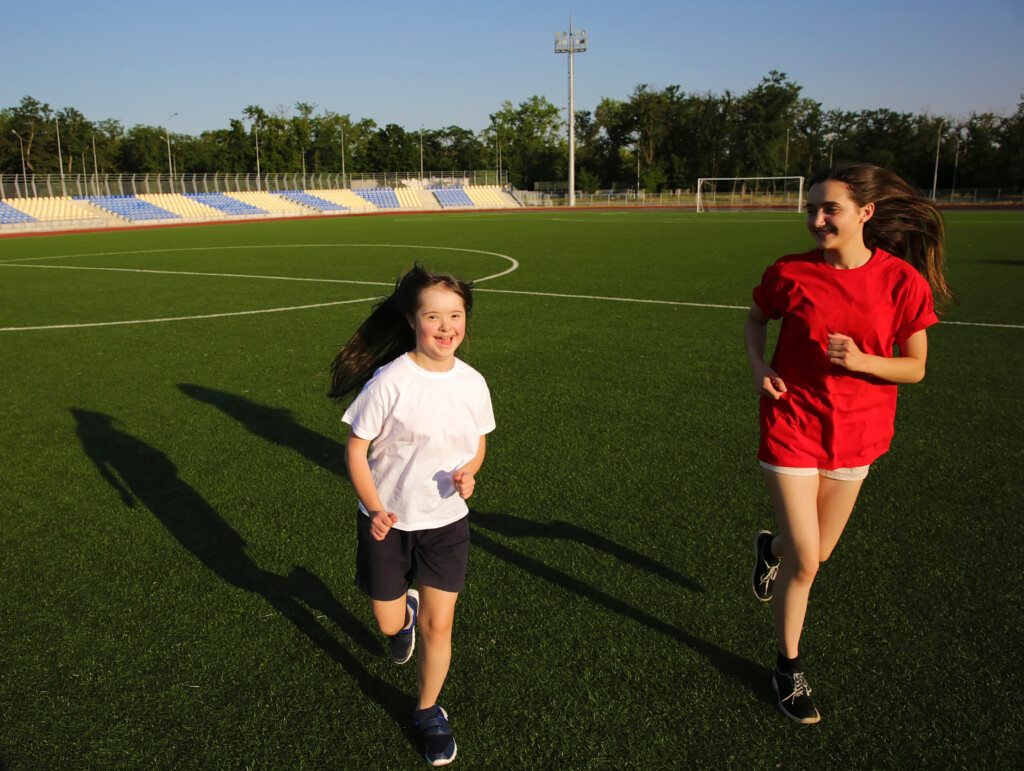Hometown Heroes
Millions of people tune in to watch athletes from their own communities compete for Olympic and Paralympic medals. Research suggests youth perceive a special connection with elite athletes from their hometown because they share similar sport-related experiences, such as team or club affiliation, coaches, and facilities. This affiliation may support increased participation after major sport…
2020 Youth Winter Games
The Youth Olympic Games are an international Olympic sporting event aimed to encourage youth to adopt and represent the positive values of sport, such as respect for others, for themselves and for the environment. Approximately 1,880 athletes aged 15-18 will represent more than 80 countries in Lausanne, Switzerland from January 9-22, 2020.
Increasing Distinction in Para Sport Event Management

The concept of “inclusion” is pervasive in the current sport environment, with organizations from the community to international levels considering how to ensure all individuals have access and opportunity to participate. Generally, inclusion means that all people, regardless of their abilities, disabilities, or specific needs, have the right to be respected and appreciated as valuable…
1900 Paris Olympics
The 1900 Paris Olympic Games closed on October 28 – the second games of the modern era. The Games, held over five months as part of the World’s Fair, included 19 sports and a total of 95 events, and included women for the first time.
Appeal to CAS
This week, the Court of Arbitration for Sport (CAS) will hear a scheduled five-day appeal in the case of two-time Olympic 800m champion Castor Semenya. Semenya is appealing a ruling by the International Association of Athletics Federations (IAAF) that will impose limits on testosterone levels for female athletes with differences of sexual development. The case…
Athlete Perspective: My reality as a clean athlete in a not so clean sport
SIRC’s Athlete Perspective series provides insight and recommendations on key issues from an athlete’s perspective. The collection of blogs and SIRCuit articles profiles Canada’s Olympic and Paralympic athletes and taps into their lived experience. I started weightlifting in a small, remote city in northern Quebec when I was nine years old. It was, and still…
There is no “I” in IST – An insider look at providing health and performance support to the 2018 Men’s Olympic Hockey Team
To the average fan watching international competitions, the finished product delivered to your television or computer screen does not always reveal the enormity of action that happens behind the scenes. Stepping off the ice at the Gangneung Hockey Centre, the venue for the men’s hockey tournament at the 2018 Pyeongchang Olympic Winter Games, and walking…
Scaling down the circus to scale up the benefits – A proposed future for international sport events
2018 is an exciting year with four major international sporting events on the calendar: the Olympic and Paralympic Games, the Commonwealth Games, and the Arctic Winter Games. These events are embraced by those with a love for sport, including the millions of spectators around the world, athletes, coaches, sport organizations, organizing committees, corporate partners, volunteers,…
Rio Olympic & Paralympic Games 2016 – a Showcase of Firsts!

Rio 2016 is just around the corner, and the athletes have begun arriving and checking out their new home away from home. For 22 days in August (Olympics) and 12 days in September (Paralympics) feats of strength, speed, agility and endurance will be on display on the Rio landscape as athletes from around the world…
Prospective examination of Special Olympics sport retention in Ontario

View the infographic summary of this research here. The overall goal of the current research is to understand the factors that lead to sport participation for Canadian youth with intellectual disabilities (ID). We examined sport participation of youth with ID in the largest Multisport Service Organization for individuals with ID in Canada: Special Olympics (SO)….